Ecological • Effective • Everywhere
The world's foremost agricultural landscape & enterprise planning organisation



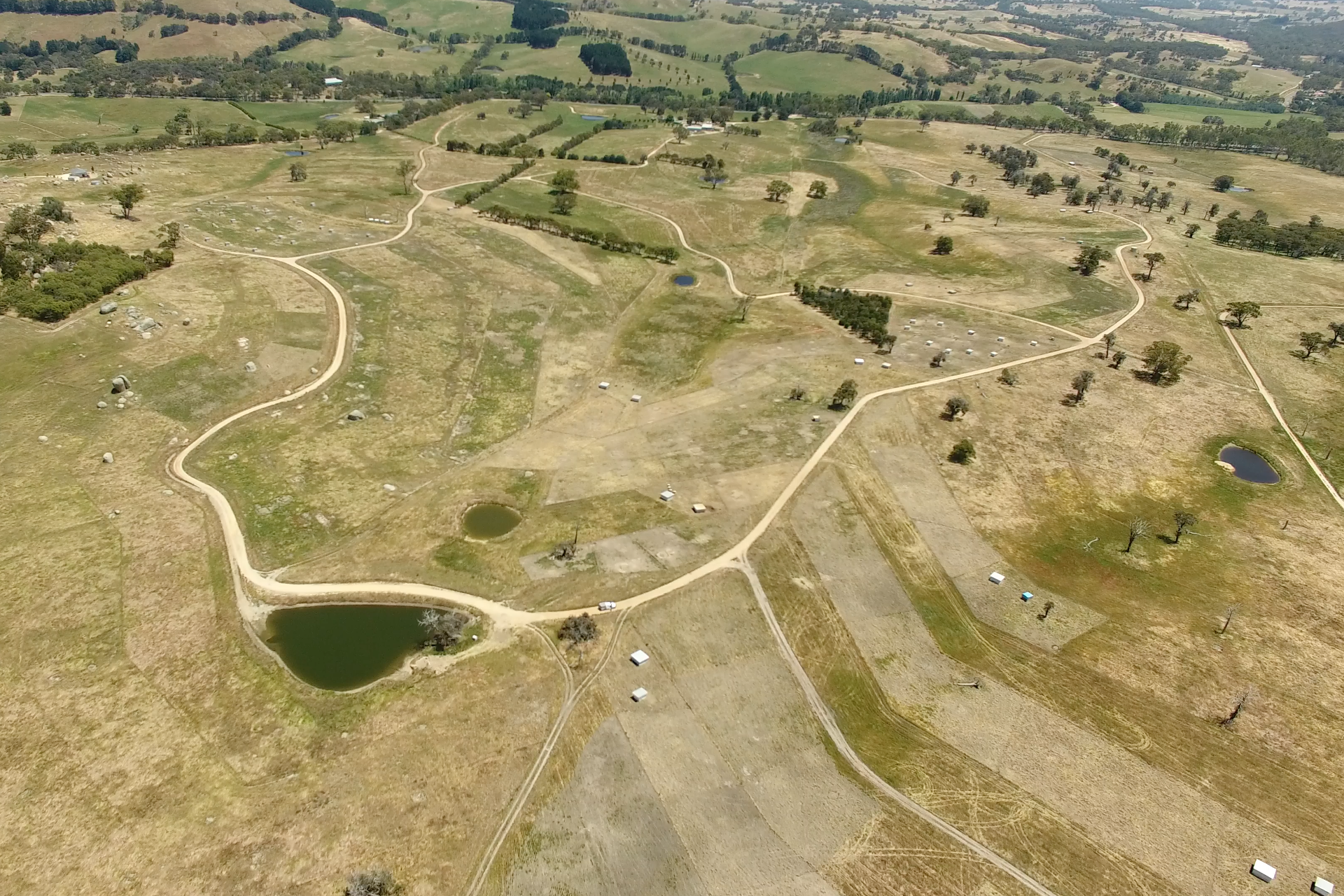



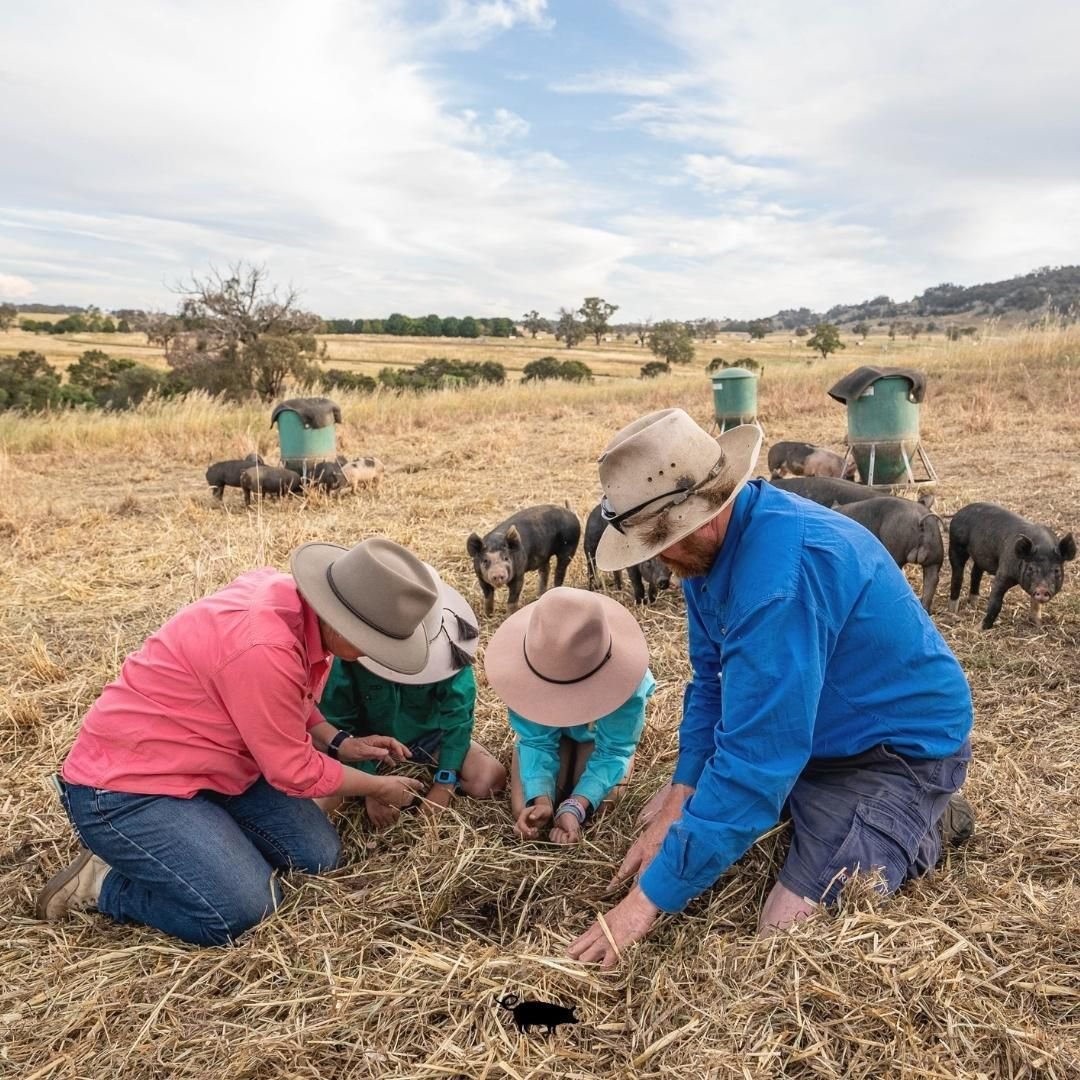
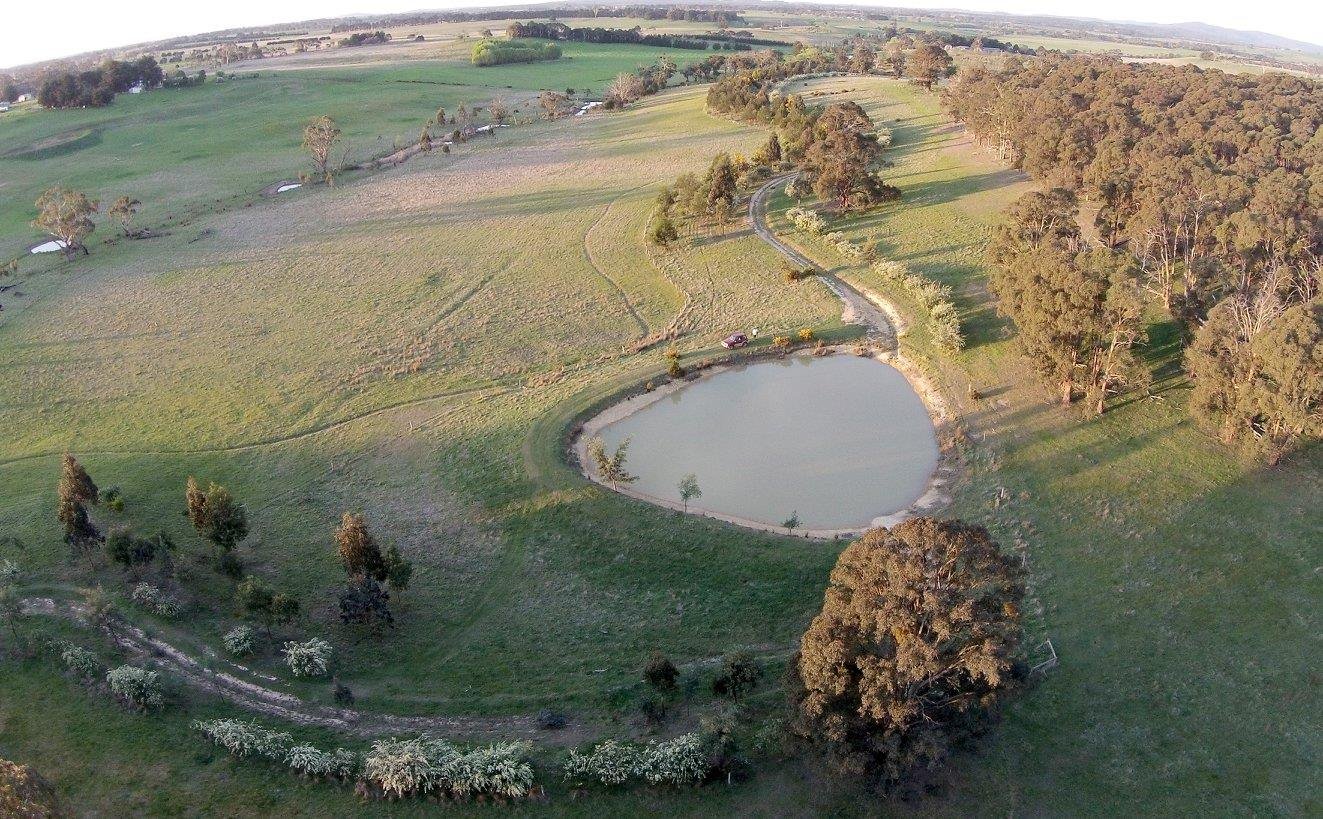




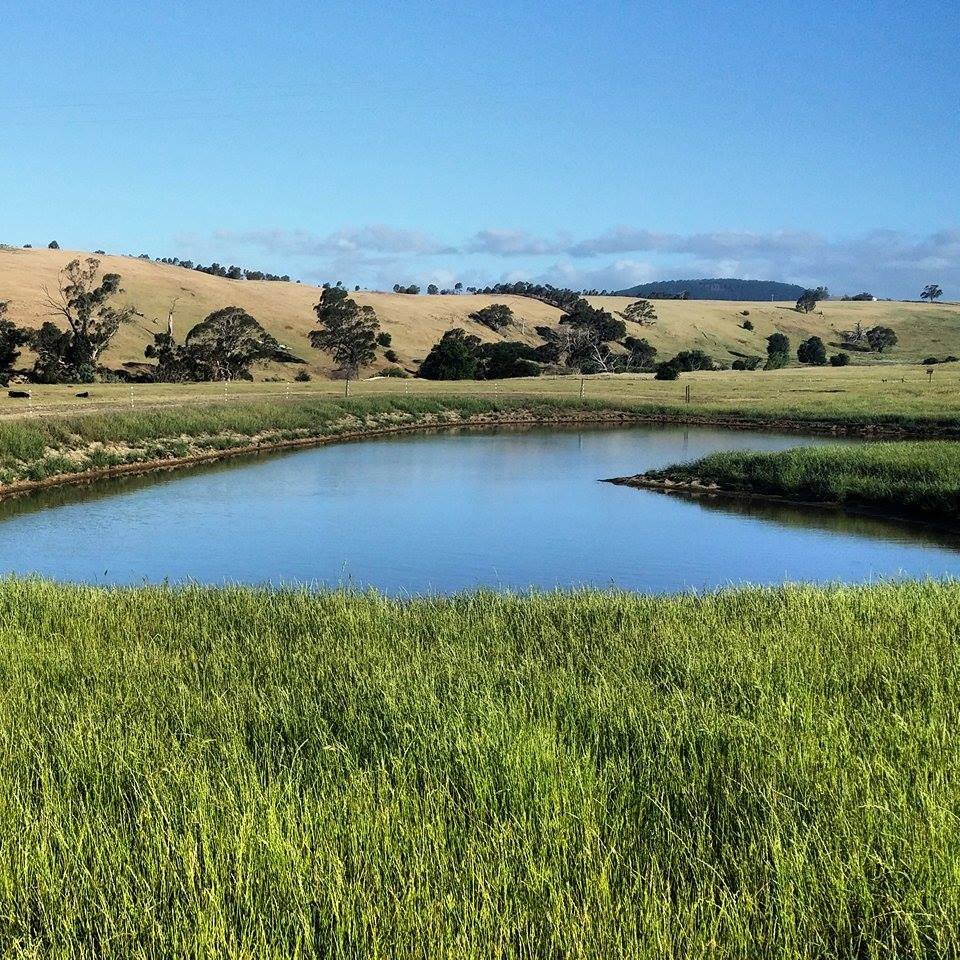


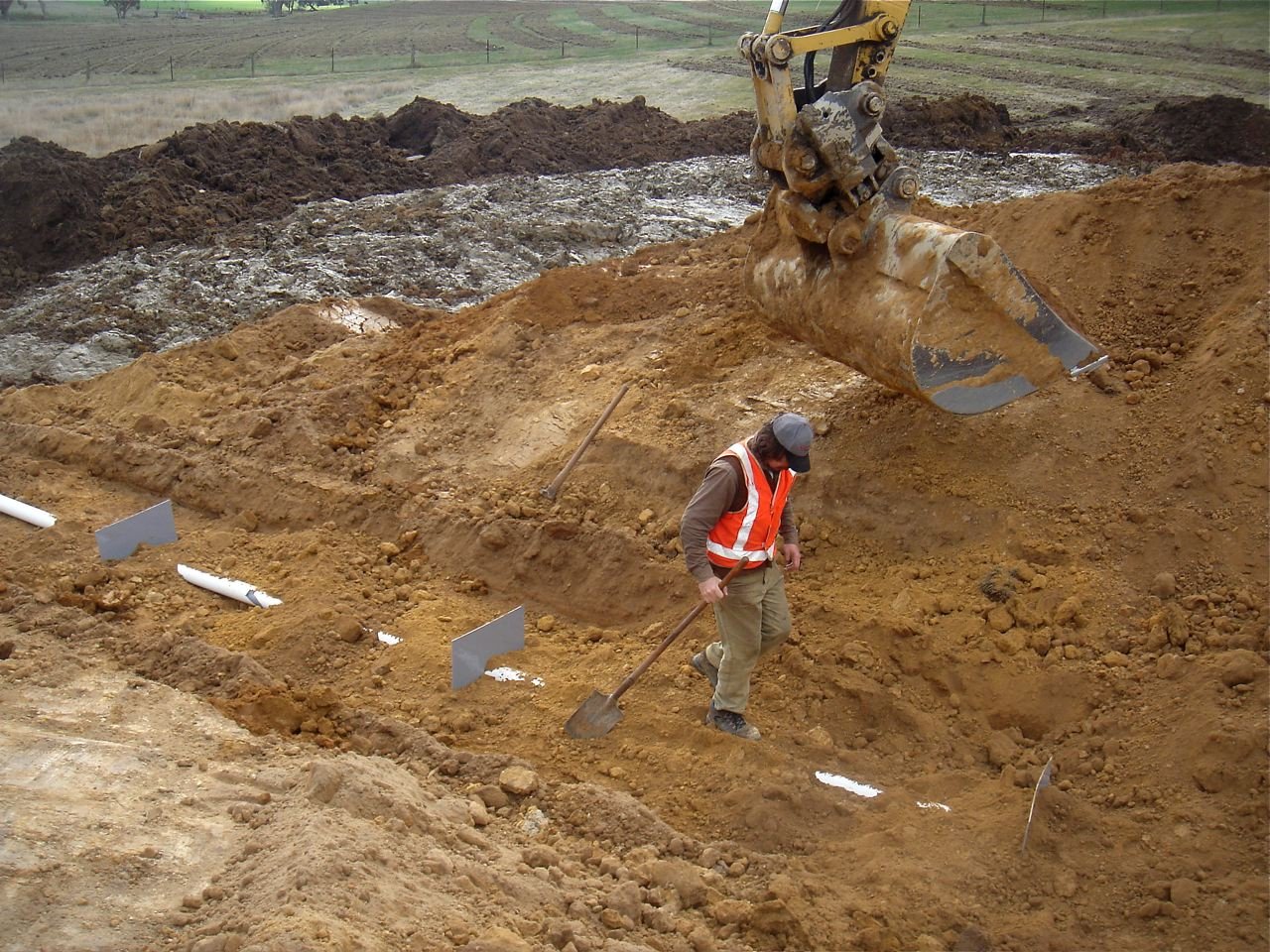


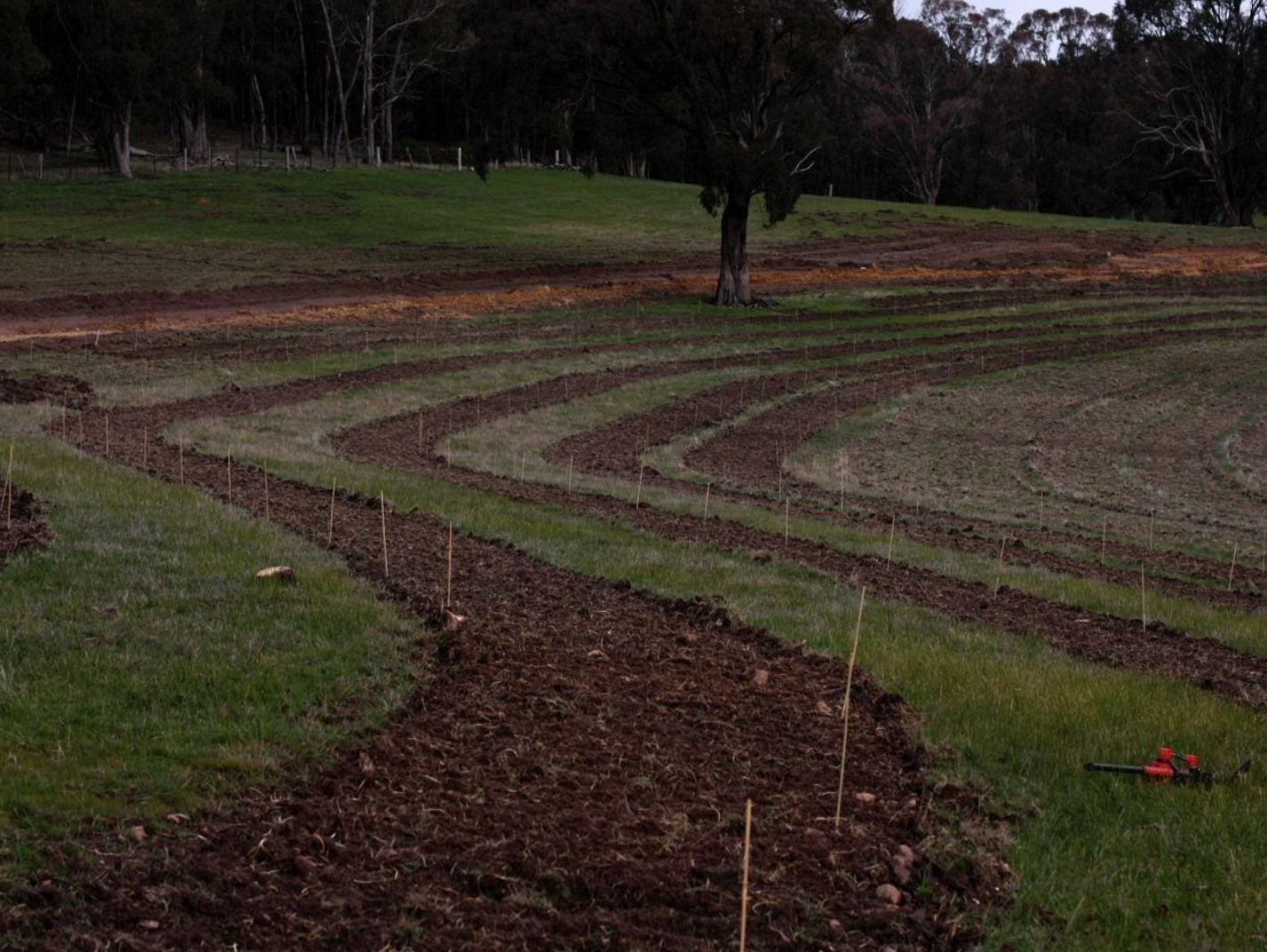

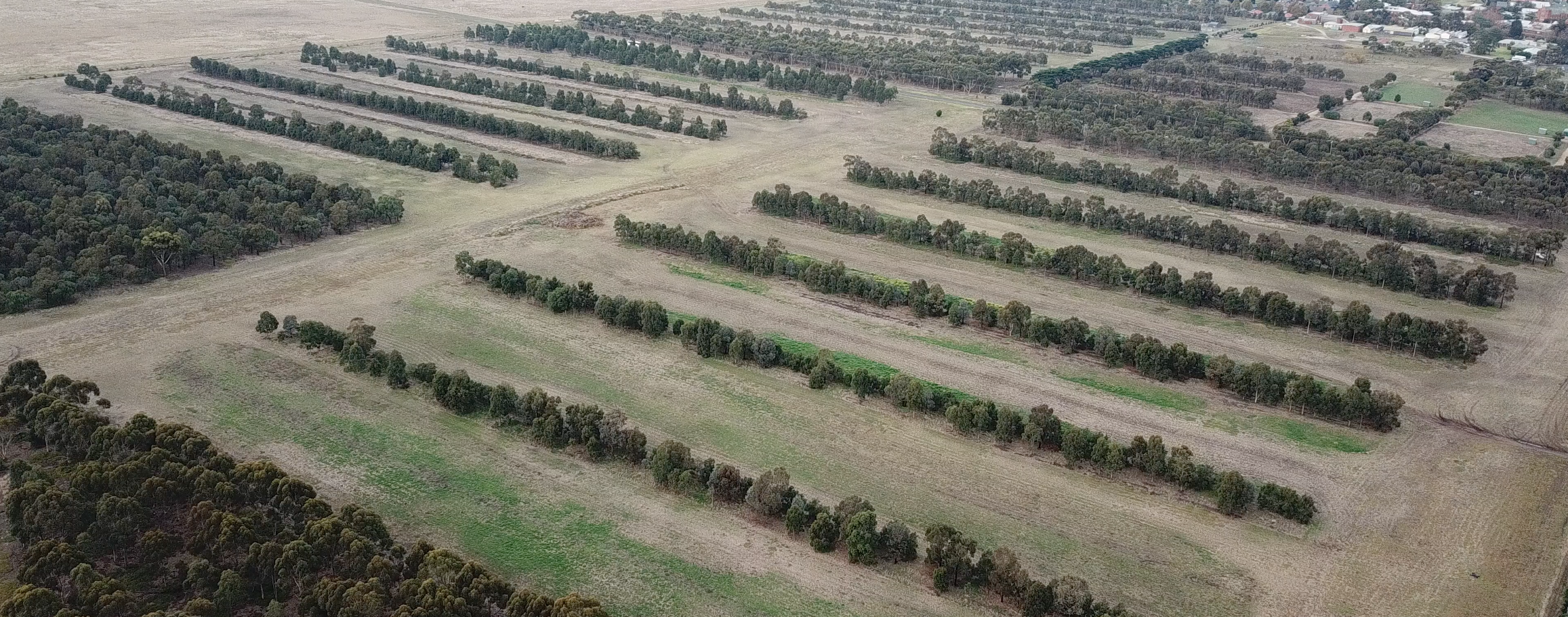




























Training
The world’s most comprehensive farm landscape & enterprise planning course
GIS Training
Extensive and in-depth training on traditional and modern GIS for practical daily use in a professional environment. Workflows and tools developed by farm planners for farm planning.

Earthworks Grading
Learn to produce precision grading plans for every form of water conservation and earthworks involved in farm planning using professional grading software.

Succinct & sequential textbook with over 300 integrated methodologies & techniques for farm landscape and enterprise planning.
Portfolio
-
![Shell Oil Refinery]()
Shell Oil Refinery
Environmental Management Plan, agroforestry
-
![Nulla Vale]()
Nulla Vale
Planning, earthworks for water conservation & access; agroforestry development
-
![Novel Machinery]()
Novel Machinery
Design & development of single-pass implements for plant establishment
-
![McIvor Farm Foods]()
McIvor Farm Foods
Planning, earthworks for water conservation & access; agroforestry
-
![Manna Hill Estate]()
Manna Hill Estate
Planning, earthworks for water conservation & access; olives, agroforestry
-
Taranaki Farm
Planning, earthworks for water conservation & access; olives, agroforestry
-
![Hōkūnui Maui]()
Hōkūnui Maui
Planning, earthworks for water conservation, access & buildings; agroforestry
-
Earthworks
Dams, ponds, water conservation & irrigation channels, gradient catchment roads
-
![Agroforestry]()
Agroforestry
Planning, site preparation, establishment, enterprise planning
-
![Olive Groves]()
Olive Groves
Planning, site preparation, establishment, enterprise planning
-
![Vineyards]()
Vineyards
Planning, site preparation, establishment, enterprise planning
-
![Visualisations]()
Visualisations
Realistic renderings for projected planning
When you are ready…
Since 1993 we have supported tens of 1000’s of people change their lives, enterprises, practices, landscapes & communities. The hardest step is the first one you take. When you are ready, we are too.
About

Provision
Planning
Training
Tools
Locations
Everywhere
Reputation
Leadership
Innovation
Collaboration
Efficiency
Contact
e. info@regrarians.org
p. +61 472 686 675 (inc. WhatsApp)
s. @Regrarians
Almost every landscape on this planet has been colonised & unsettled. We acknowledge all those who have suffered as a result, and recognise their stewardship & care.










